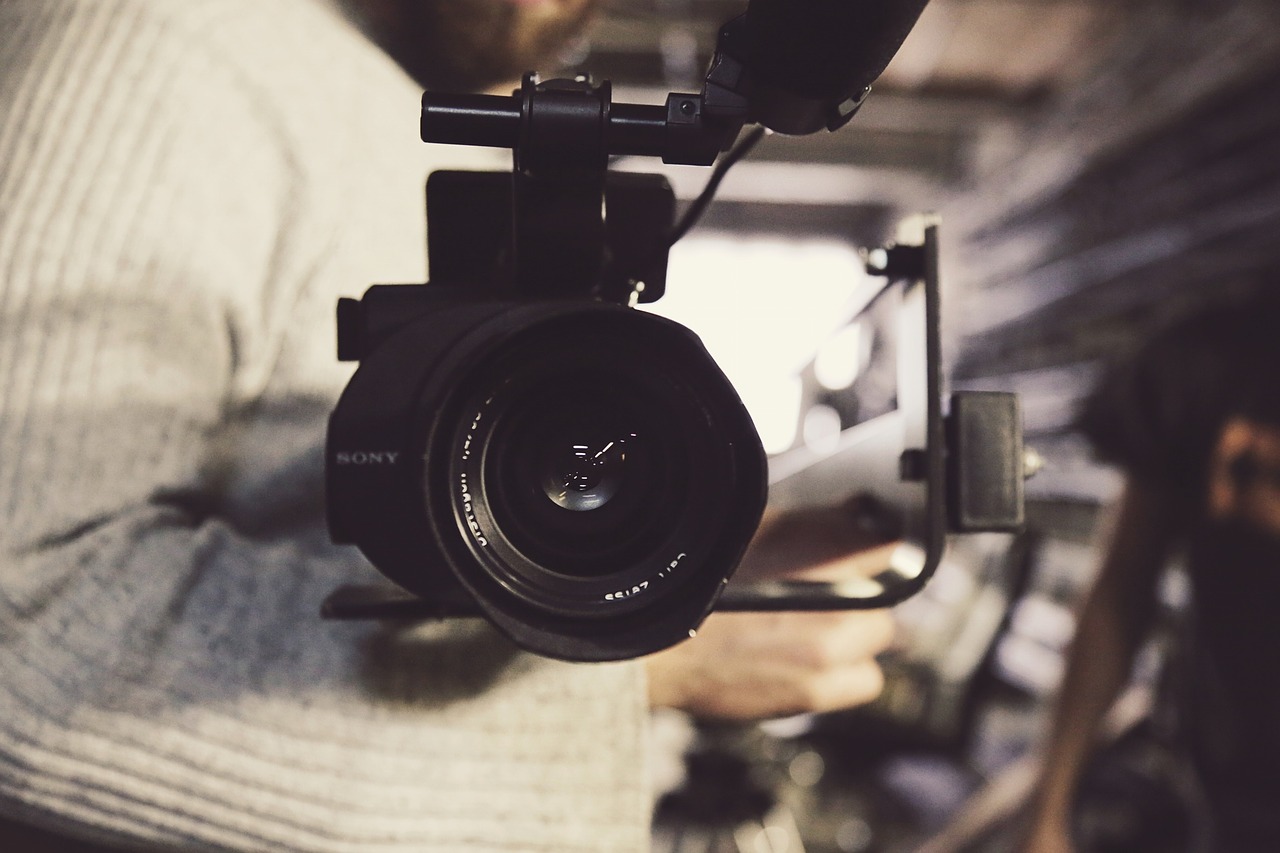
Acquiring a full suite of high-quality video equipment requires no small investment. It can take years, and tens of thousands of dollars, to put together a video rig that can keep up with the professionals. For many businesses, purchasing their equipment is a dream to accomplish. However, many production houses and equipment services offer video equipment rentals.
So how do you know when to rent versus when to buy?
Think of the Cost
The number one consideration when shopping for video equipment is the cost. It is important to remember that the value of your video equipment is not a one-time expense. Instead, you will need a variety of hardware accessories and lenses to achieve the video quality you want. As standards change with time, you may be forced to purchase adapters, cables, and other miscellaneous parts to keep your camera working. Furthermore, your equipment will need regular maintenance and service to stay in good condition over time. When you add up all of these expenses, renting is usually the best way to go.
The Volume of Video Produced
As you consider the cost of renting versus buying, you should be thinking about how often you will be using your video equipment. Are you only using it for special events, or will you be using it daily or weekly to produce content? If you do not plan on using your equipment at least weekly, you should plan on renting. In fact, even if you want to create weekly content, it may be more cost-effective to rent a camera for a few days and shoot several weeks’ worth of content at once. Before you commit to buying – – you should minimize all downtime in your video production schedule to determine how much actual filming you will be doing, and whether it may be consolidated into a more budget-friendly rental.
Specialty Products
One problem we commonly see is that companies spend thousands of dollars purchasing their own equipment, only to realize they need countless other specialty lenses to film each piece of content. If your creative team wants to use a large selection of different lenses and camera styles to create your content, it is usually best to rent. A rental house can give you access to dozens of different lenses, including lenses that are no longer available for sale.
Testing the Equipment
Even if you plan on purchasing video equipment in the long run, rentals can play an essential role in your shopping process. With video equipment rentals, you can test out several different video rigs and combinations to determine which camera is best suited to your needs. While many companies are willing to send you brochures and video clips, a rental will allow you to use the equipment in your home environment to determine whether it fits the bill. This will also give your film crew some time to get familiar with the controls and decide which camera is most comfortable to work.
Watch Out for Emotional Buys
The truth is that many content creators get over-excited about the prospect of owning their own cameras. This can lead to an emotional attachment that drives you to overbuy your camera equipment, possibly costing you thousands of dollars. The problem with emotional buying is that your crew has to be ready to handle the camera that you choose, and many companies end up overpaying for equipment and features they cannot implement at their current level. If you are concerned that the equipment you are buying may not be an exact fit to your needs, it’s time to take a step back and rent for a little while until you settle on a direction that makes sense for your budget and your actual video needs.
Return on Investment
Another important consideration is whether or not purchasing equipment will help your bottom line. If spending thousands on a camera will directly boost your cash flow, then it may be a good investment. However, if the camera is only used to enhance existing expenditures and will not lead to continual returns, it probably is not a good investment to make. If your existing cash flow is not enough to support equipment upgrades, it is best to focus on creating more quality content and building a larger following than to spend all of your money up front.
There are plenty of other cases to be made for renting video equipment as well. For example, international film crews usually have better luck renting their equipment locally than trying to ship equipment without it getting damaged. With these six parameters, you should be able to compare the cost of renting versus buying and look at your long-term returns based on the equipment you need and where you are in building your business.
